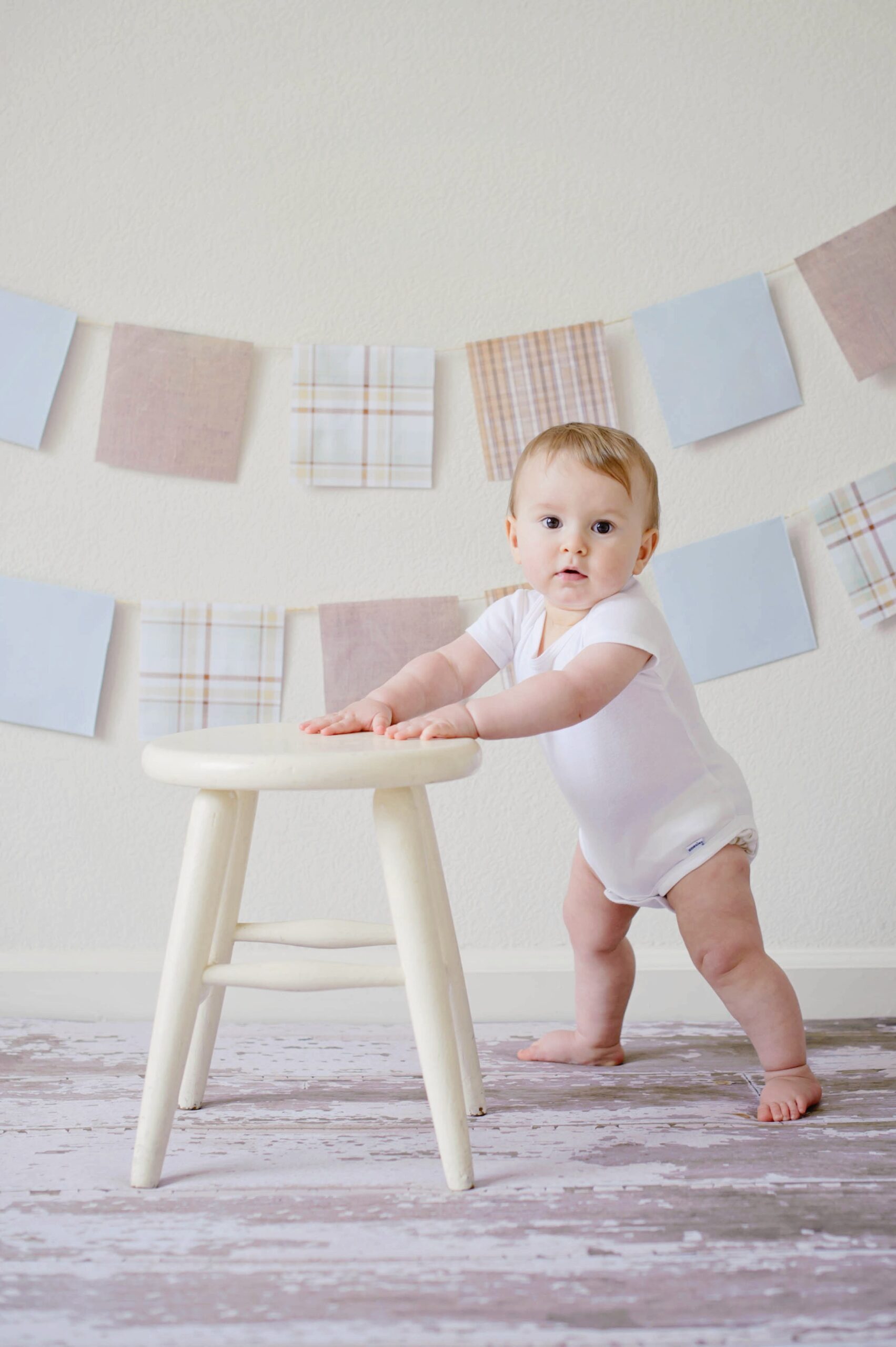Understanding Self-Regulation Skills in Toddlers
Hello Superparents!
Do you find yourselves asking, “Why won’t my toddler listen?” “Why do they throw tantrums?” Well, a precious skill called ‘self-regulation’ might just be the answer you’re looking for. As parents, helping our little ones to develop this skill can pave the way for healthier emotions, behaviours, and relationships as they grow. So, let’s dive into the magical world of self-regulation skills, and how you can help your toddler adapt them!
What are Self-Regulation Skills?
Firstly, let’s get down to the basics. What does self-regulation mean? In simple terms, self-regulation skills help a person manage their behaviours, emotions, and thoughts in a positive way.
For toddlers, it could mean understanding and controlling their feelings, stopping themselves from hitting a playmate when things don’t go their way, handling change positively, or concentrating on tasks. In essence, it’s the ability to adapt to situations without getting overwhelmed. Sounds like a superhero power, right?
The Importance of Self-Regulation Skills in Toddlers
You may ask, why are these skills crucial for toddlers? Well, development of self-regulation skills in early childhood sets the stage for later success in life across several domains- academic, social, emotional, and beyond. Toddlers with good self-regulation skills tend to have fewer behavioral problems, better social skills, improved ability to focus, and hence perform better in school and other settings.
So, dear parents, it’s time to equip your cherubs with the special power of self-regulation!
In the further sections of this guide, we will delve into strategies to nurture these skills in your child, signs of a well regulated toddler, and how to handle the bumps along the road.
Stay tuned for this exciting journey of fostering future-ready toddlers!

Credit: Pexels
Strategies to Nurture Self-Regulation Skills in Toddlers
Now, the million-dollar question is, how can you help your toddler develop self-regulation skills? Let’s dive into some effective strategies.
1. Practice Emotion Coaching
Start by helping your child understand their emotions. When your toddler is upset, talk about feelings, validate their emotions, and guide them to a constructive way of handling it. This will teach them not only to identify emotions but also to manage them.
2. Create Consistent Routines
Toddlers thrive on predictability. Having consistent routines can give them a sense of safety and control, which can reduce anxieties and help them self-regulate.
3. Teach Through Games
Playful activities that require taking turns, sharing or following rules can be a fun way to build self-regulation skills.
4. Provide Loving Guidance
Patience and guidance from you, dear parents, is a massive part of this process. Remember, this is a time for learning and exploration for your toddler, and they need your help to navigate!
Key Signs of An Advanced Self-Regulated Toddler
Here are certain behaviors indicating that your toddler is mastering self-regulation skills:
– They start expressing feelings verbally rather than through tantrums.
– They can mitigate disappointment and recover relatively quickly from it.
– They can concentrate on a task for a longer span of time.
– They understand and can follow basic rules.
Understanding and Navigating the Bumps
Remember, every toddler develops at their own pace. If your child isn’t hitting these self-regulation milestones just yet, don’t fret! Continue offering them love, consistency, and support, and remember to appreciate all their attempts at self-regulation.
Conclusion
To wrap it all up, self-regulation skills are vital tools in your toddler’s development toolkit. Supporting your child in acquiring these skills not only helps them tackle toddlerhood with aplomb but also sets them up for lifelong success across various domains. So, let’s embark on this exciting journey together, and raise a generation of happy, healthy, and mindful individuals!
Understanding Self-Regulation Skills for Toddlers
The aim of self-regulation skills is to equip toddlers with the ability to control their emotions, behaviors, and attention in an independent and appropriate manner. Here are five essential points parents should keep in mind while preparing for self-regulation skills in toddlers.
1. What are Self-Regulation Skills?
Definition
Self-regulation abilities are crucial for a child’s overall development, allowing them to manage their emotions and actions effectively. Skills include being able to calm oneself down after a high-energy activity, handling frustration without an outburst, and the ability to wait patiently for their turn.
2. Why are Self-Regulation Skills Important for Toddlers?
Essential for Development
These skills are the cornerstone of emotional intelligence and social interaction. They enable toddlers to adapt to specific standards of behaviour that are socially accepted and make them ready for preschool.
3. When do Toddlers Start Developing Self-Regulation Skills?
Starts Early
Usually, these skills start to surface between the ages of 2 to 3 years. However, they may not be fully developed until much later. And remember, every child develops at their own pace.
4. How Can Parents Promote Self-Regulation Skills?
Encourage Practice
Parents can help their toddlers build these skills by providing plenty of opportunities for practice. This could be games that require taking turns, encouraging patience while waiting for meals, or helping your toddler find ways to calm down when they’re upset.
5. Are There any Tools to Help Teach Self-Regulation Skills?
Teaching Resources
Yes, there are countless resources available for teaching self-regulation skills. This includes children’s books that deal with emotions and patience, piped music that calms the mind, and various online resources that can guide parents.
In conclusion, when parents understand self-regulation skills definition for toddlers, they can better equip their little ones for emotional and social competence in the future.
For more great articles please see here. For more information on raising children see here
Disclaimer
The articles available via our website provide general information only and we strongly urge readers to exercise caution and conduct their own thorough research and fact-checking. The information presented should not be taken as absolute truth, and, to the maximum extent permitted by law, we will not be held liable for any inaccuracies or errors in the content. It is essential for individuals to independently verify and validate the information before making any decisions or taking any actions based on the articles.




